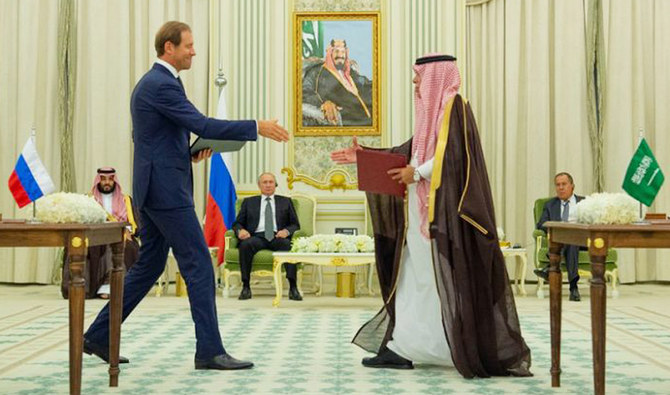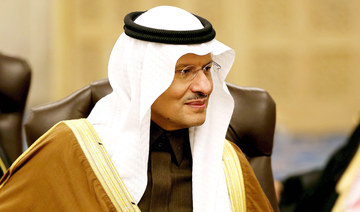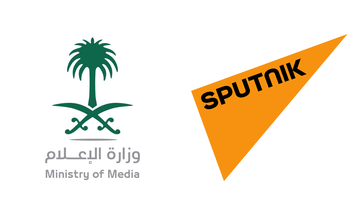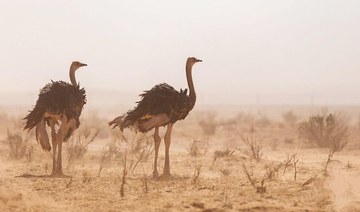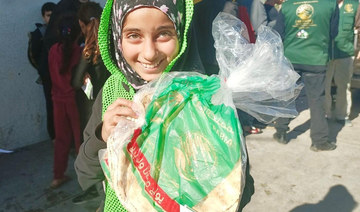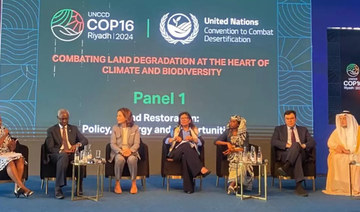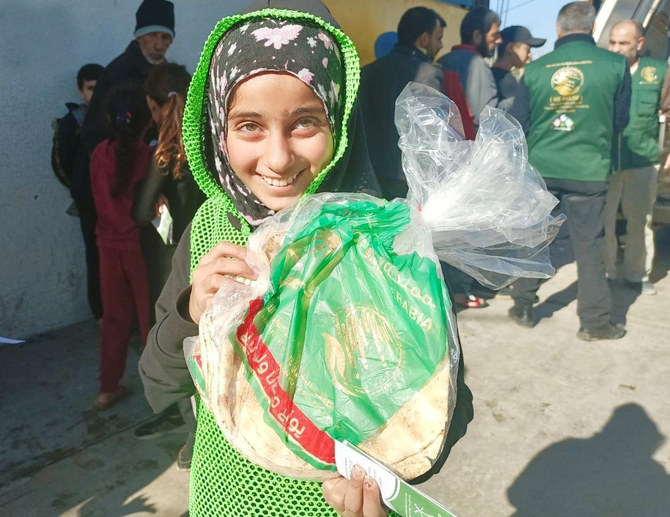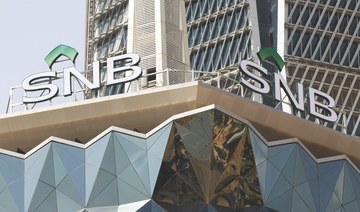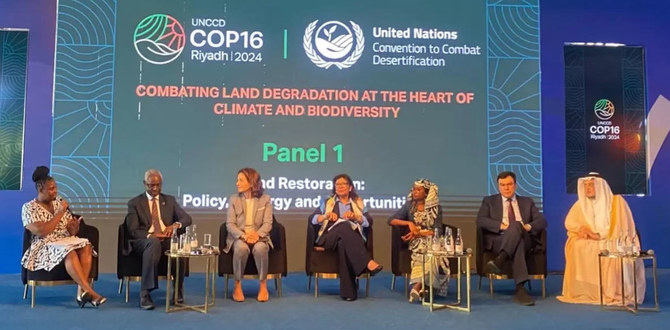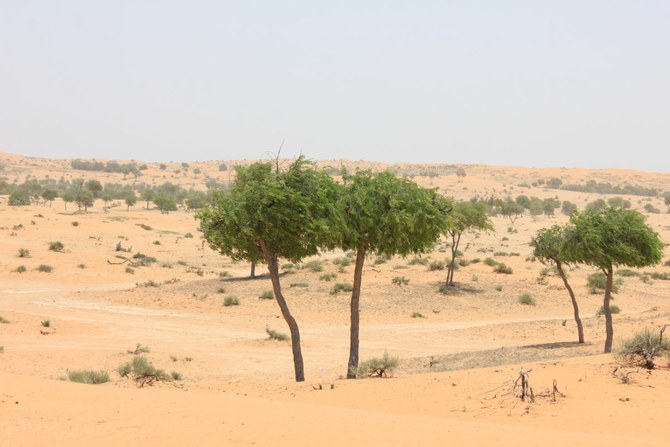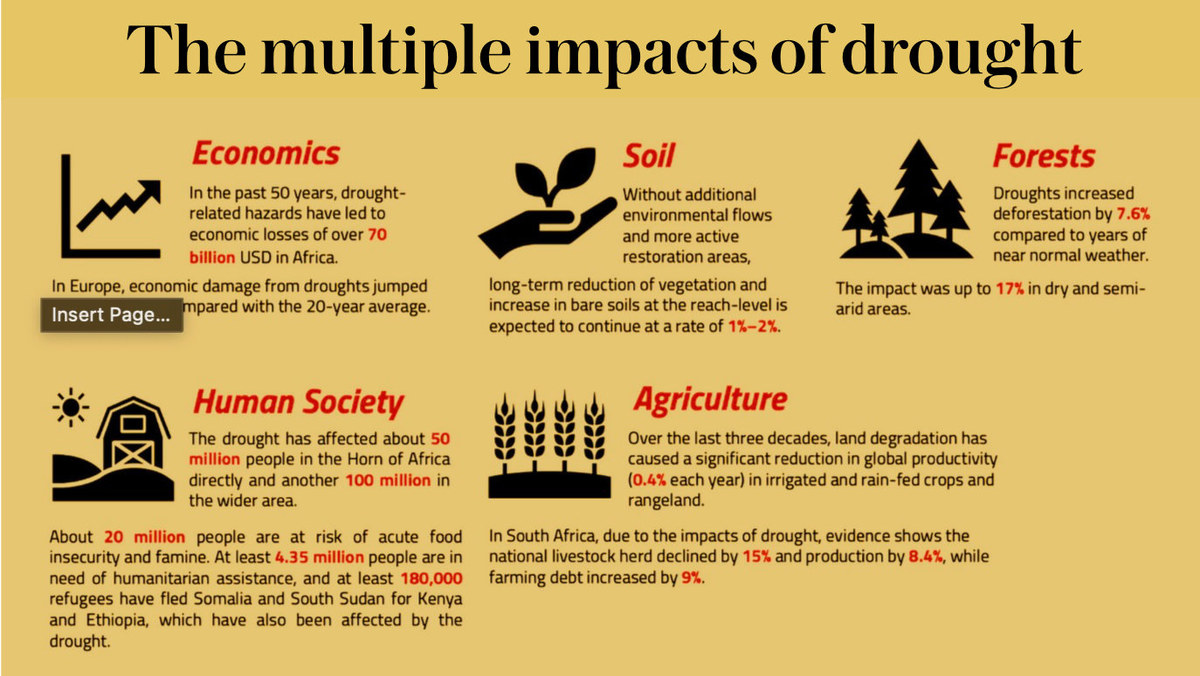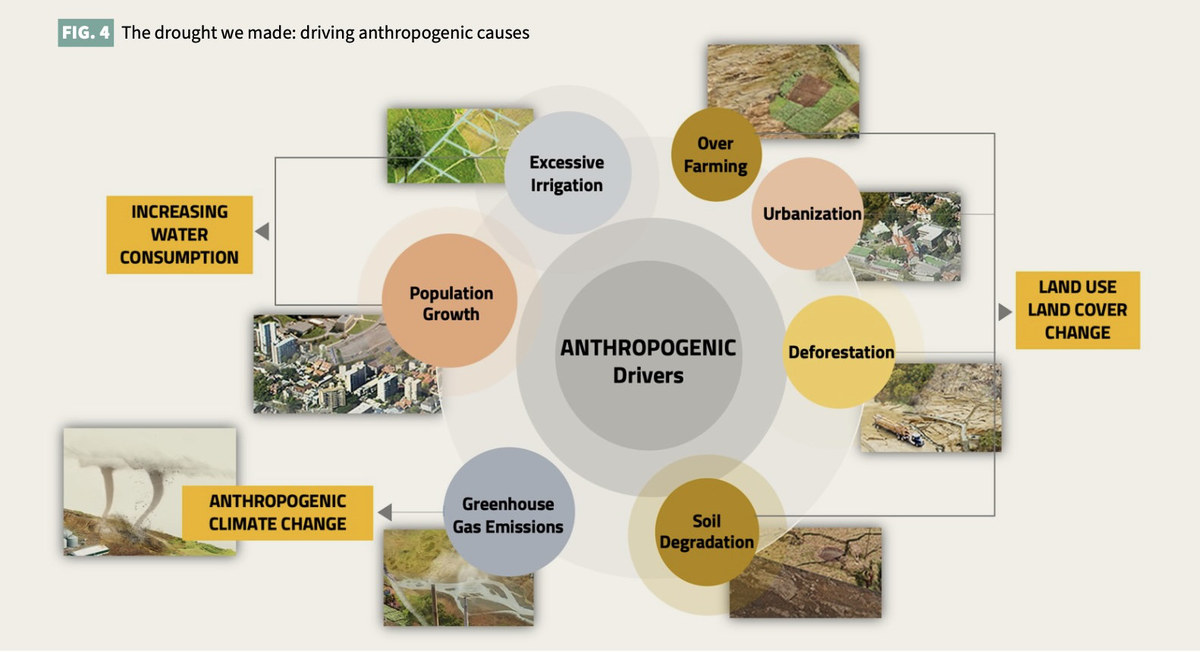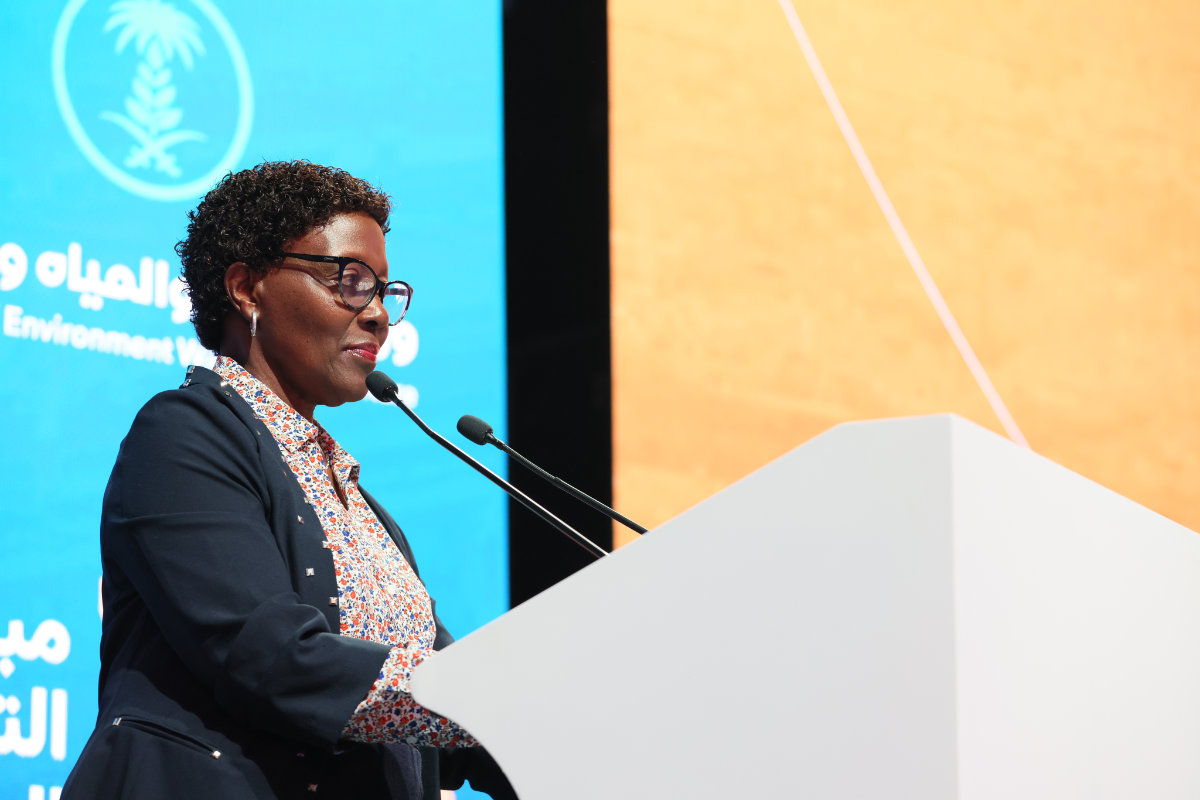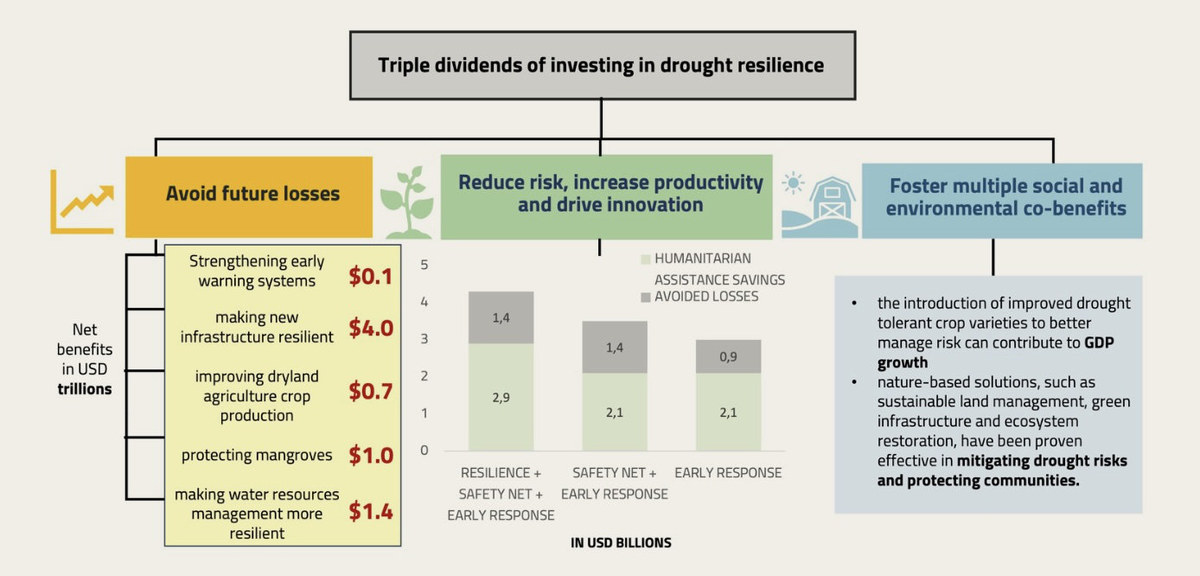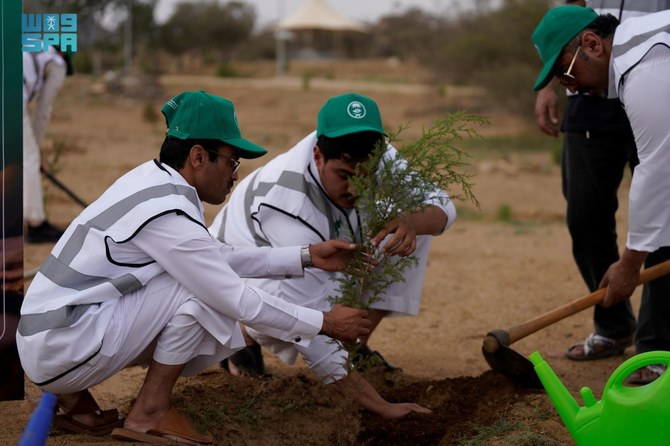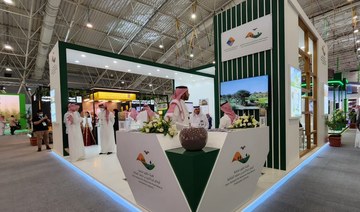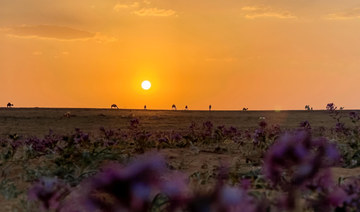JEDDAH: Saudi Energy Minister Prince Abdul Aziz bin Salman announced on Monday the signing of 20 agreements with Russia during the Saudi-Russian Energy Partnership meeting as part of Russian President Vladimir Putin’s visit to the Kingdom.
During the signing ceremony of the new agreements, which took place in the presence of King Salman and Putin, the energy minister stressed that oil will remain an essential element in the development of the world economy.
The ceremony was also attended by the Saudi Crown Prince Mohammed bin Salman and Russian Foreign Minister Sergei Lavrov.
The 20 agreements covered the fields of petroleum and other energy industries, space and satellite navigation, justice, health services, tax administration, mineral wealth, tourism and aviation, in addition to cultural cooperation and the enhancement of trade relations.
Prince Abdul Aziz said that the two countries have started a new phase of cooperation in many areas of development.
The minister noted the important roles played by Saudi Arabia and Russia in stabilizing the global oil market and said: “The new OPEC + cooperation agreement will enhance cooperation and provide strong support for greater stability in the oil market.
“At the Saudi-Russian Joint Committee, we are working together to harmonize the Kingdom’s Vision 2030 reform plans with its strategic objectives and Russia’s strategic development plans.”
The agreements were signed between relevant government agencies and sovereign wealth funds from both countries. The minister added that state-owned enterprises and the private sector in both countries will make a significant effort in achieving the goals of these agreements.
Financial expert Mohammed Al-Suwayed said that “Russia is an important strategic partner of Saudi Arabia.”
He added that joint efforts between the two countries would help to manage the oil market, “Saudi Arabia is a member of OPEC, and Russia is one of the most important non-OPEC exporters. The alliance between the Kingdom and Russia in the oil market contributes to creating harmony between the oil producers inside or outside OPEC.”
The Russian Direct Investment Fund (RDIF) and the Saudi Agricultural and Livestock Investment Company signed an agreement to join forces in the search of investment projects in the Russian agricultural sector, RDIF said on Monday.
A string of multimillion-dollar investment contracts were also signed in the aerospace, culture, health and advanced technology sectors.
Al-Suwayed said: “The Russian National Wealth Fund is interested in investing in Saudi Arabia. It has recently opened an office in the Kingdom as its first international fund office outside Russia, demonstrating a clear plan to invest in various sectors.”
An official welcoming ceremony was held in honor of Putin on Monday. During his meeting with King Salman, the Russian president said that the meeting was an additional boost to bilateral relations.
King Salman also considered the meeting an important opportunity to reach consensus on various visions and political positions.
Putin suggested that coordination between the two countries was important for the security and stability of the Middle East.
The president’s long-awaited visit will include discussions on further cooperation to stabilize prices on the world hydrocarbon market, as well as on Syria, the Gulf and Yemen.
Other deals regarding the military sector were not discussed and the pending Saudi plans to purchase the Russian S-400 surface-to-air missile systems have not reached a final agreement.
20 SAUDI-RUSSIA DEALS SIGNED
1 Cooperation convention between oil-producing countries.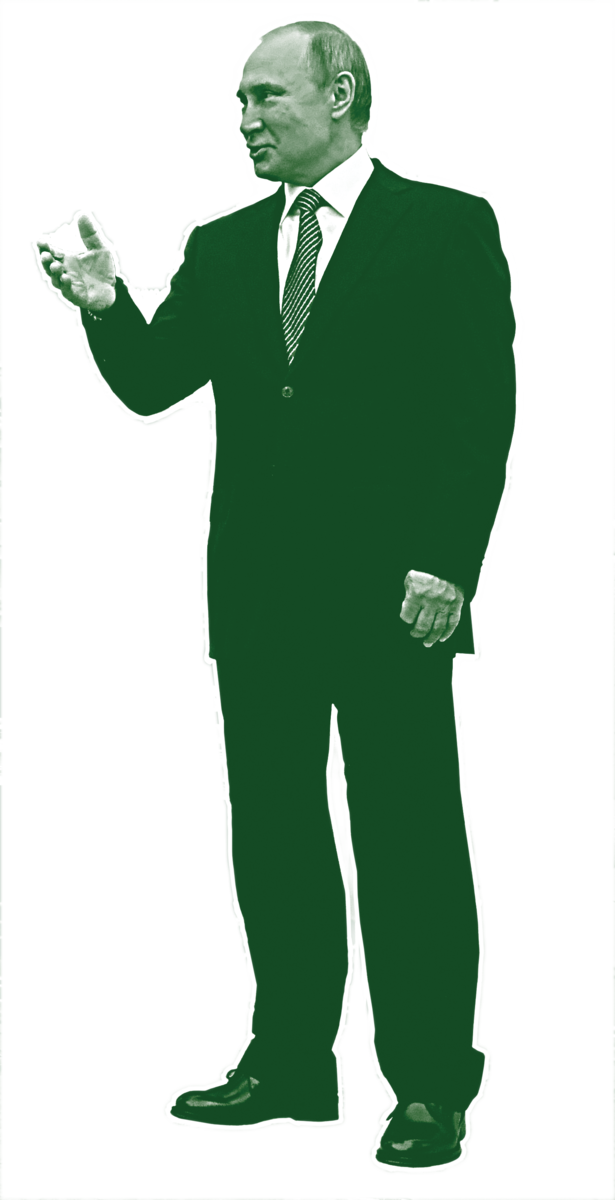
2 Joint Statement ofIntent between the Saudi Space Authority and the Russian state space corporation in the fields of manned space flight and the Global Navigation Satellite System, GLONASS.
3 High-level Saudi-Russian strategic cooperation framework agreement.
4 Energy cooperation protocol agreement.
5 Draft MoU on cultural cooperation.
6 Draft MoU on facilitating and organizing visas for the two countries’ citizens.
7 Draft of MoU on health cooperation.
8 Agreement on commercial attache.
9 MoU on starting negotiations for promoting and protecting investments between the two countries.
10 MoU on increase in export of Russian products to Saudi Arabia.
11 Cooperation agreement between SALIC (Saudi Agricultural and Livestock Investment Company) and the Russian Direct Investment Fund to discuss investment opportunities in the agriculture and food sectors.
12 Telecom executive program agreement.
13 Draft MoU for cooperation in the field of public media.
14 Tourism cooperation agreement.
15 MoU on joint investments in aircraft leasing to support the development of the Russian aviation industry.
16 MoU on mutual investments in NefteTransService (NTS), one of the largest railway operators in Russia.
17 A program of work between civil aviation authorities to define and adopt standards for the Russian aircraft industry in Saudi Arabia.
18 Exchanging an MoU for technical cooperation in the field of tax administration with the Russian tax authority.
19 Agreement between Saudi Aramco and the Russian Direct Investment Fund and Rusnano to buy Rusnano shares in Novomet.
20 Agreement on methanol project in Amur region.



